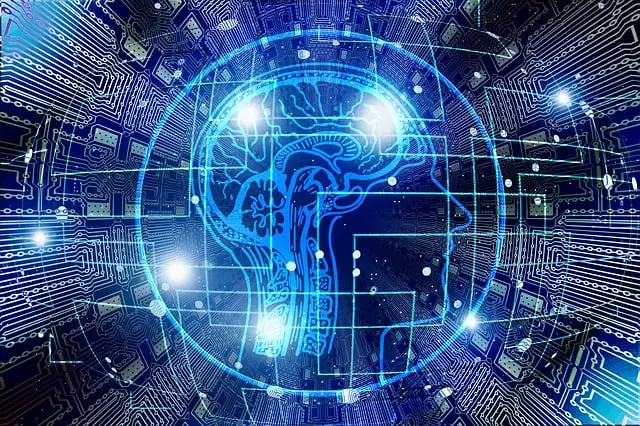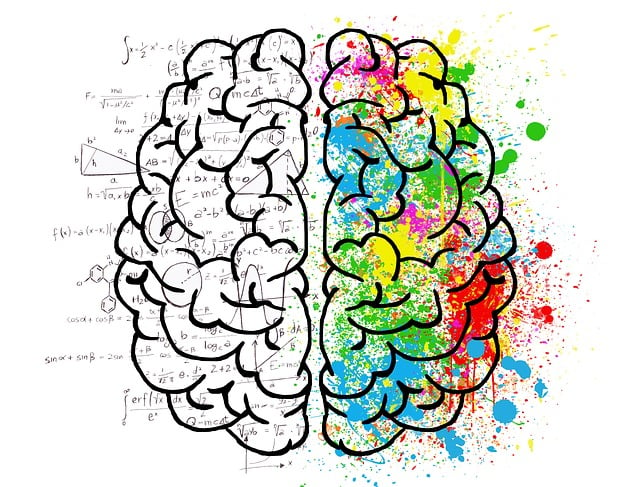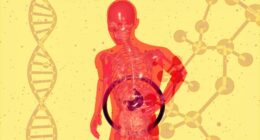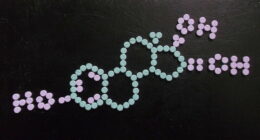In summary, the hippocampus and hypothalamus are both important parts of the brain that have distinct roles. The hippocampus is involved in memory formation, while the hypothalamus is responsible for regulating hormones and controlling basic body functions such as hunger, thirst, temperature regulation and sleep cycles.
What is the hippocampus?
The hippocampus is a small, seahorse-shaped region of the brain that is important for memory formation and navigation. The hippocampus is part of the limbic system, which is responsible for emotion and motivation. The hypothalamus is a small region of the brain that controls many important functions, including hunger, thirst, body temperature, and sleep. It also plays a role in emotional processing and stress response.
What is the hypothalamus?
The hypothalamus is a small region of the brain that sits just above the pituitary gland. The hypothalamus is responsible for many important functions, including regulating body temperature, hunger, thirst, and fatigue. It also plays a role in controlling the release of hormones from the pituitary gland.
Hippocampus Vs. Hypothalamus – Key differences
(Photo by Milad Fakurian on Unsplash )

The hippocampus and hypothalamus are two distinct structures in the brain with different functions. Here are some key differences between them:
Location: The hippocampus is located in the temporal lobe of the brain, while the hypothalamus is located below the thalamus and above the brainstem.
Function: The hippocampus is primarily involved in memory formation, learning, and spatial navigation. The hypothalamus is involved in regulating various bodily functions, including temperature control, hunger and thirst, sleep cycles, and hormone production.
Size: The hippocampus is relatively small, with two curved structures on each side of the brain. The hypothalamus is larger and more complex, with several distinct nuclei that perform different functions.
Nerve connections: The hippocampus has extensive connections with other parts of the brain, including the amygdala, prefrontal cortex, and parahippocampal gyrus. The hypothalamus also has extensive connections with other brain regions, including the pituitary gland and the autonomic nervous system.
Role in disease: Dysfunction in the hippocampus has been linked to several neurological and psychiatric disorders, including Alzheimer’s disease, depression, and post-traumatic stress disorder (PTSD). Dysfunction in the hypothalamus has been linked to a range of disorders, including obesity, diabetes, sleep disorders, and certain hormonal imbalances.
While both structures are important for proper brain function, the hippocampus is primarily involved in memory and learning, while the hypothalamus is primarily involved in regulating bodily functions.
What functions do hippocampus and hypothalamus serve?
(Image by Gerd Altmann from Pixabay )

The hippocampus and hypothalamus are two distinct structures in the brain with different functions. Here are the functions of each:
Hippocampus: The hippocampus is primarily involved in memory formation, learning, and spatial navigation. It helps to process and store memories by encoding and retrieving them. Additionally, the hippocampus is involved in the creation of new neurons (neurogenesis) and plays a role in emotional regulation.
Hypothalamus: The hypothalamus is involved in regulating various bodily functions, including temperature control, hunger and thirst, sleep cycles, and hormone production. It controls the autonomic nervous system, which regulates involuntary bodily functions such as heart rate and breathing. The hypothalamus also plays a key role in the endocrine system by producing and releasing hormones that stimulate or inhibit the release of other hormones from the pituitary gland. It also plays a role in the stress response and the regulation of emotions.
The hippocampus is primarily involved in memory and learning, the hypothalamus is involved in regulating a wide range of bodily functions to maintain homeostasis and respond to external and internal stimuli.
What is the connection between the hypothalamus and the hippocampus?
The hypothalamus and the hippocampus are two key structures in the brain that are involved in many important functions. The hypothalamus is responsible for regulating many vital functions such as body temperature, hunger, thirst, fatigue, sleep, and emotions. The hippocampus is important for memory and learning.
Recent research has shown that these two structures are closely connected and interact with each other to modulate various cognitive functions. For example, the hippocampus has been found to be important for encoding new memories, and the hypothalamus has been found to be important for recall of those memories. Additionally, the connection between the two structures is thought to be important for regulating emotional responses to memories.
What happens if hippocampus is damaged?
If the hippocampus is damaged, it can lead to problems with memory, learning, and emotion. The hippocampus is important for consolidating information from short-term to long-term memory, and damage to the hippocampus can cause retrograde amnesia (the inability to remember information that was learned before the damage occurred). Damage to the hippocampus can also cause anterograde amnesia (the inability to learn new information). In addition, the hippocampus is involved in controlling emotions, and damage to this area can lead to changes in mood and behavior.
Is hypothalamus responsible for love?
Yes, the hypothalamus is responsible for love. It is a small, almond-shaped region in the brain that controls many important functions, including body temperature, hunger, thirst, and fatigue. The hypothalamus also regulates the release of hormones from the pituitary gland. These hormones play a critical role in reproduction and sexual development.
Which hormone is released by hypothalamus?
The hypothalamus is responsible for the release of several hormones, including:
- Gonadotropin-releasing hormone (GnRH) – This hormone regulates the release of follicle-stimulating hormone (FSH) and luteinizing hormone (LH) from the pituitary gland. These two hormones are responsible for stimulating the ovaries in women and the testes in men.
- Adrenocorticotropic hormone (ACTH) – This hormone stimulates the adrenal glands to release cortisol, which is involved in stress response and energy metabolism.
- Thyroid-stimulating hormone (TSH) – This hormone regulates thyroid function and growth.
- Growth hormone-releasing hormone (GHRH) – This hormone stimulates the release of growth hormone from the pituitary gland, which is involved in growth and development.
Does lack of sleep damage hippocampus?
Yes, research suggests that lack of sleep can damage the hippocampus. Sleep is important for memory consolidation, and the hippocampus plays a key role in this process. Studies have found that sleep deprivation can impair hippocampal function and lead to memory deficits.
One study published in the journal PNAS (Proceedings of the National Academy of Sciences) found that sleep-deprived participants had reduced activity in the hippocampus and other brain regions involved in memory and learning. The study also found that chronic sleep deprivation can lead to structural changes in the brain, including a reduction in gray matter volume in the hippocampus.
Other studies have also linked chronic sleep deprivation to an increased risk of cognitive decline and Alzheimer’s disease, which are both associated with hippocampal dysfunction. Therefore, it is important to prioritize adequate sleep to support optimal brain health and cognitive function, particularly in regards to memory and learning.








